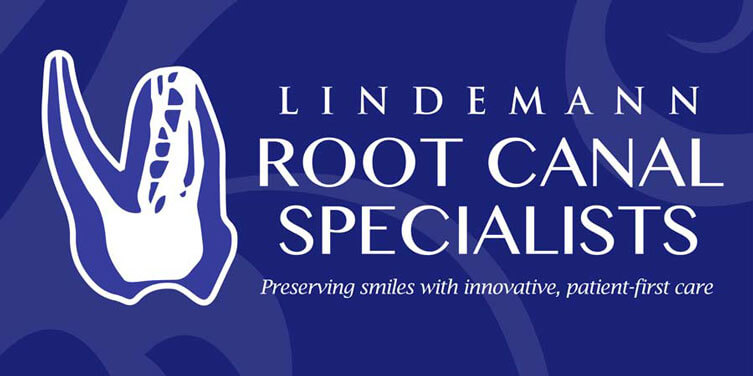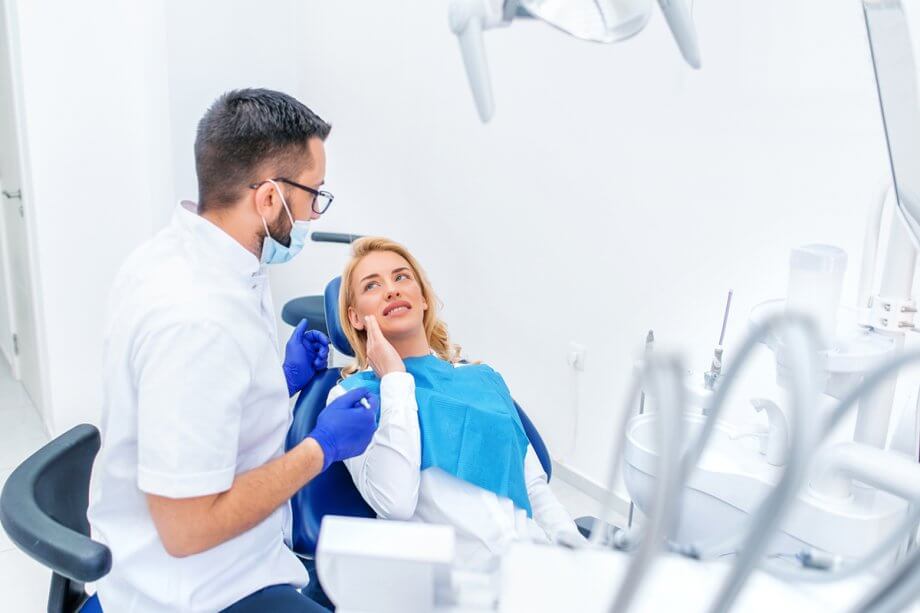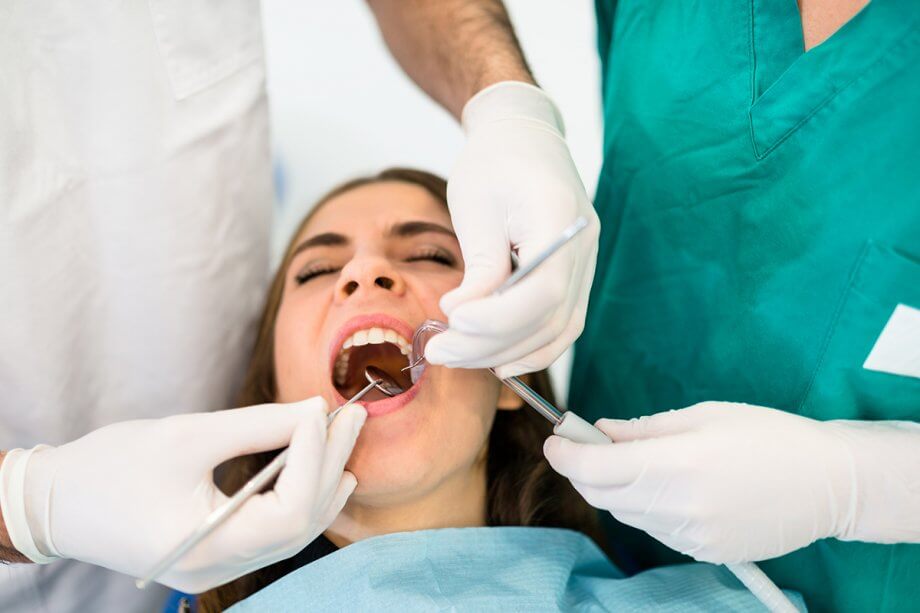Tooth enamel is one of the hardest substances, but even it can crack at just the right moment. And that moment seems to happen when you least expect it. You may be almost done with a bowl of popcorn when you bite down on one kernel – and it cracks your tooth. Here is everything you need to know about how to tell if your tooth is cracked. Risk Factors of a Cracked Tooth There are a few risk factors for a cracked tooth that you should look out for to reduce your chances of having one. Eating hard foods: Some foods we eat are crunchy and hard. But no matter how good they taste, they can be dangerous for your teeth. This includes hard candy, ice, popcorn kernels, etc. Limit your consumption as it only takes biting down one time to crack a tooth. Bruxism: Grinding and clenching your teeth can weaken them over time. If you grind your teeth at night or tend to clench your jaw when you are stressed or angry, then talk to your dentist about your treatment options. Keeping your teeth strong and healthy will reduce your risk of a cracked tooth. Weakened teeth: If you have teeth that have undergone dental work that have crowns or large fillings, they may have lost some integrity along the way making them easier to crack. Switching between hot and cold temperatures can also cause a weakened tooth to crack. Avoid having cold drinks with hot food …
What Should You Do If Your Tooth Gets Knocked Out?
Dental emergencies can strike at any time. Some require more urgency than others, but in all cases the important bottom line is to contact your team of dental professionals as soon as possible. Emergency dental trauma includes a number of dental injuries, such as deep cracks, factures, and knocked-out teeth. While dental trauma is most often caused by accidents and sports injuries, it can also happen due to biting into something hard. When the pulp inside a tooth is injured, due to any cause, it can become inflamed or infected. This is true whether or not there Is any visible damage to the tooth’s surface. The reality is that dental trauma can happen, and in many cases trauma means an emergency therapy. In many circumstances, a root canal and restoration will effectively save an injured tooth; in others, an extraction may be necessary. Either way, if you’ve experienced a dental emergency, the best way to save your teeth is by seeking prompt treatment for your injury. Getting a Tooth Knocked Out Whether from sports play, a fall, or an automobile accident, getting a tooth knocked out requires urgent dental intervention. Your chances to save the natural tooth decreases between 30 to 60 minutes after the injury occurs. Assuming you can find your tooth, you should: Contact your dentist immediately Hold the tooth only by the crown, which is the top area of the tooth, and rinse off any debris, using water only Don’t wash away any tissue still remaining on …
What Do You Do When A Permanent Tooth Gets Knocked Out?
Sports injuries, falls, bicycle accidents, and car accidents can all lead to facial trauma, including knocking out a tooth. If you’ve suffered from a knocked-out tooth, try not to panic, but do act quickly. Read on for the American Association of Endodontists’ recommended step-by-step guide of what to do if a permanent tooth is knocked out. Six Steps to Take After a Permanent Tooth is Knocked Out. Find the tooth Do the best you can to locate the tooth, if possible. If you’ve sustained other, serious injuries, this may not be possible. But if your tooth has been knocked out due to an injury such as a fall, or during a sporting activity, it’s best to try to find the tooth. Pick up the Tooth Carefully You should avoid touching the root of the tooth. Instead, pick up the tooth by the crown (visible part of the tooth). Gently remove debris If the tooth is dirty, gently remove debris. Don’t try to scrub it. Avoid using chemicals including soap. Don’t dry it or wrap it in any kind of cloth. Attempt to Put the Tooth in the Socket If you are able, gently guide the tooth back into its socket, and push it down gently. Remember to only touch the crown of the tooth. Keep the tooth moist The tooth needs to stay moist. If you cannot get the tooth back into its socket in your mouth, put it in a small cup of milk if available. If nothing is …



